
by Fern Shaw | Nov 25, 2013 | Charity, water cooler, Water Coolers
The Bupa Great Birmingham Run is the biggest half marathon in the Midlands.
‘Formerly known as the Birmingham Half Marathon the event was first staged in staged in 2008 and in 2009 also incorporated the World Half Marathon Championships.
England’s second city is the perfect stage for the event which attracts competitors from across the UK and around the world.
In 2012 Kenyan Micah Kogo won a thrilling sprint for the line ahead of Abera Kuma to set a new course record. Kogo, who dominated the race almost from the start, breasted the tape in a time of one hour and 17 seconds to deny his Ethiopian rival victory by two seconds with World record holder and pre-race favourite Zersenay Tadese third in 1:01:06.
On a very misty morning, Kogo – after losing the previous month’s Bupa Great North Run by a second – made amends by smashing the course record of 1:01:29 set a year ago by the legendary Ethiopian, Haile Gebrselassie.
The women’s race saw Sara Moreira taking total control in the last three miles to notch a runaway victory ahead of Ethiopia’s former World Half Marathon champion Berhane Adere.
The course takes in some of the city’s most iconic sights including the Bullring, the Cadbury’s factory in Bournville and Edgbaston cricket ground. Live music from ‘bands on the run’ keep you motivated every step of the way and thousands of supporters turn out to cheer finishers across the line on Broad Street in the heart of the city centre. ‘
Our Scott Barnbrook, of AquAid Birmingham, is quite the individual when it comes to participating in events for charity and/or improving his health. A recap here.
Good on yer, Scott, for competing in and finishing this rather marvellous and historical marathon!
Remember though, whether you’re running or exerting yourself in any kind of strenuous activity, you need to keep hydrated. This means drinking water. If you’re just zooming around your cubicle at 36 revolutions p/m, that also counts.
For any water cooler requirements, contact Scott at AquAid Birmingham, he or his team will be happy to help.

by Fern Shaw | Oct 14, 2013 | Charity, Health and Hydration, water cooler, Water Coolers
Remember the heat wave? You must – it was only a month or so ago. Now, take those temperatures and turn up the heat, so to speak, by a good 8 °C. Or for that matter, another 10°C.
Now, take a good 38°C and couple it with scant shade … and … no water.
Then, to this rather sweltering image, add this: If you want drinking water, you need to walk to go and find it. And not just down to the corner caf, but a few miles. When you get there, you can’t just buy a bottle of water (or any liquid for that matter); you have to fill the bucket that you brought with you and walk back home, carrying the now full bucket.
Not enough Bear Grylls for you? The water that you’ve just fetched is most likely, not fresh, and not clean and may be so full of bacteria, that even while trying to hydrate yourself, you may very well be making yourself ill without even realising it.
Remember, this is just water for you (and possibly, members of your family) to drink. This is not water that is needed to wash your clothes or your dishes or to water your meagre food crop with. This is just water to drink to keep you going. This is basic human survival type of stuff.
This is the day to day existence for many communities throughout the Third World and in the summer months, lack of potable water is amplified by the heat.
That’s just one of the reasons that AquAid chose to work with sustainable charities like The Africa Trust.
Because although we’re always tooting our horn about being one of the top water cooler providers in the U.K. we also (truly) believe in helping others less fortunate to help themselves. So, while we have you to thank, most valued customer, for your support and through your purchases making it possible for others to help themselves; isn’t it rather nice to know that when you’re sipping cool spring water from one of our water coolers, there’s another Elephant Pump being built in Africa, bringing fresh, clean drinking water to yet another community in need?
I think so. Good on yer. Toot toot!
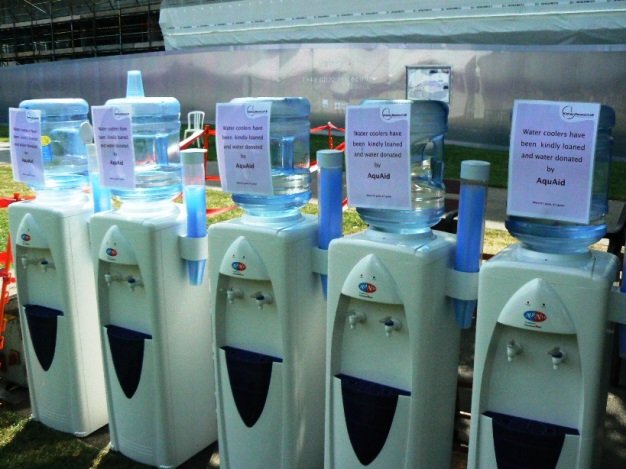
by Fern Shaw | Jul 26, 2013 | Charity, Health and Hydration
AquAid is all about water, hydration and water coolers, and most importantly, supporting sustainable charities.
Kidney Research UK is all about funding research aimed at finding better treatments, and ultimately a cure, for kidney disease. They have over £10.1 million invested in research at any one time, awarding grants to doctors, nurses and researchers across the UK. They also campaign for better patient access to renal services and are dedicated to raising awareness of kidney disease.
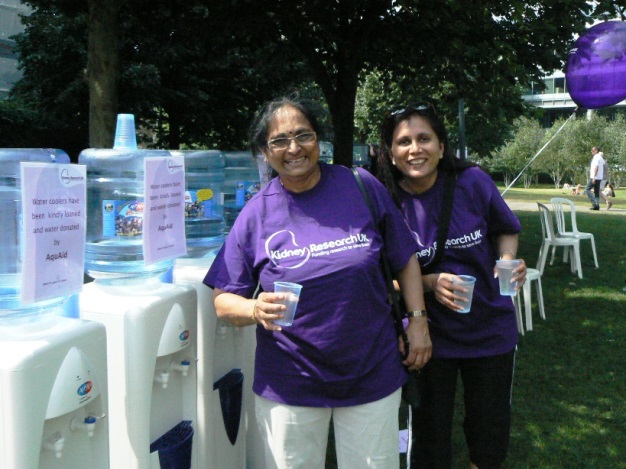 As AquAid is constantly looking at ways to increase awareness about how important keeping our vital organs hydrated is, we chose to supply this year’s Kidney Research U.K. London Bridges Walk with a rather fabulous bank of bottle fed water coolers – to keep the energetic walkers well hydrated! This amazing walk covers a route of approximately 7 miles, and takes you over some of London’s most famous bridges.
As AquAid is constantly looking at ways to increase awareness about how important keeping our vital organs hydrated is, we chose to supply this year’s Kidney Research U.K. London Bridges Walk with a rather fabulous bank of bottle fed water coolers – to keep the energetic walkers well hydrated! This amazing walk covers a route of approximately 7 miles, and takes you over some of London’s most famous bridges.
There were 1 190 people who took part in this year’s event on 14th July 2013 and understandably, with the glorious sunny weather, there was many a thirsty walker whose eyes lit up when they saw the cool drinking water.
The event was a great success and they were joined by celebrities Nina Wadia and Nadia Sawalha, both well known for having starred in the popular soap EastEnders, along with DJ Oliver Scott from Star Radio, Cambridgeshire and fitness instructor Julia McCabe.
Have water, will walk!

by Fern Shaw | Jun 14, 2013 | Charity, water cooler
The Elephant Pump is based on a 2000 year-old Chinese design that the CEO of The Africa Trust, Ian Thorpe, adapted to make it stronger, more durable and made and maintained using materials that are locally available in remote rural sub-Saharan African communities.
The core program of pump building in Zimbabwe has grown with 432 Elephant Pumps installed in 2012 compared to 367 in 2011. This is now a massive program with the Elephant Pumps, managed by The Africa Trust, providing clean water for over 10% of the entire population of Zimbabwe. In addition to the core staff, it has been possible to provide contract work to over 40 other individuals during the course of the year.
The Elephant Pump was awarded the St Andrews Medal for the Environment in 2005, competing against 250 other applicants. Prince Charles, a patron for the St Andrews Medal, gave a personal recommendation towards this option of water extraction:
“Each project has had a direct and positive impact on people’s lives. While it is perhaps invidious to highlight just one of them, I believe a good example is the success of The Elephant Pump project. Based on a 2000-year-old Chinese technique for lifting water, The Elephant Pump is inexpensive, simple to make and repair and made from locally available materials which give users a greater sense of ownership. When more than a billion people live without access to clean drinking water in the world today, it is hard to imagine a better cause than this”.
Diagram of The Elephant Pump
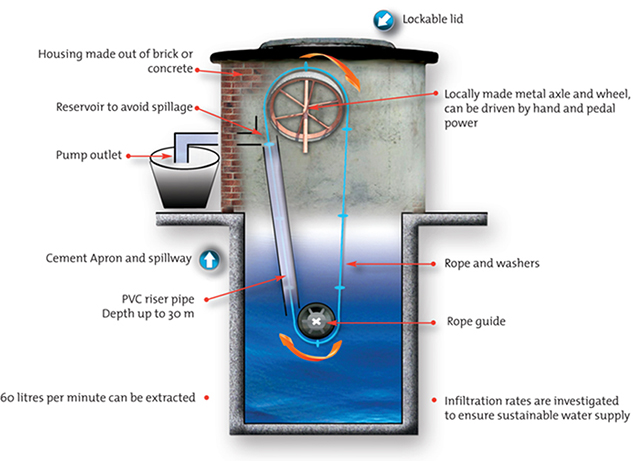
Ian Thorpe then became the first person to win The St Andrews Medal for the Environment on two separate occasions when his design for the Elephant Toilet was awarded in 2008. Since winning the medal, this toilet has been introduced throughout northern and central Malawi.
Pump Minders – Key to Sustainability
It has been seen that the pumps which have been well maintained over the years are at sites where at least one key person has been trained on how to maintain the pump. Instead of simply providing general training for the whole community, The Africa Trust has recognised that it is vital to train at least two people who are likely to remain in the community. Many young men leave the rural areas in search of work. Older women are often the best people to train, as they are less likely to move away.
Once identified, 2-3 pump minders per pump receive initial training when the pump is installed with further training after 3 months, 6 months and one year. By this time, it is expected that the pump minders will be able to do all minor repairs with informal payment in kind (often in the form or food) from the others who use the pump. Spare parts for the pumps (such as washers and rope) are made from waste products and the pumps contribute to increased agricultural production, so this approach to maintenance is sustainable.
Pump minders collect a low level of community contributions once the pump is productive to pay their wages and a small part returns to The Africa Trust. This helps pay back the capital cost over five years. Millions of people in over seven thousand communities use Elephant Pumps.

by Fern Shaw | Jun 7, 2013 | Charity
As you may have gathered by now, I like to think of myself as a bit of a card carrying clown-arounder, not taking ‘stuff’ too seriously and always looking for the pun, the sarckie (that’s sarcasm to you) the silly, but ….. there are some days when all the malarking around is just supressed in an instant.
That would be today.
Here’s why:
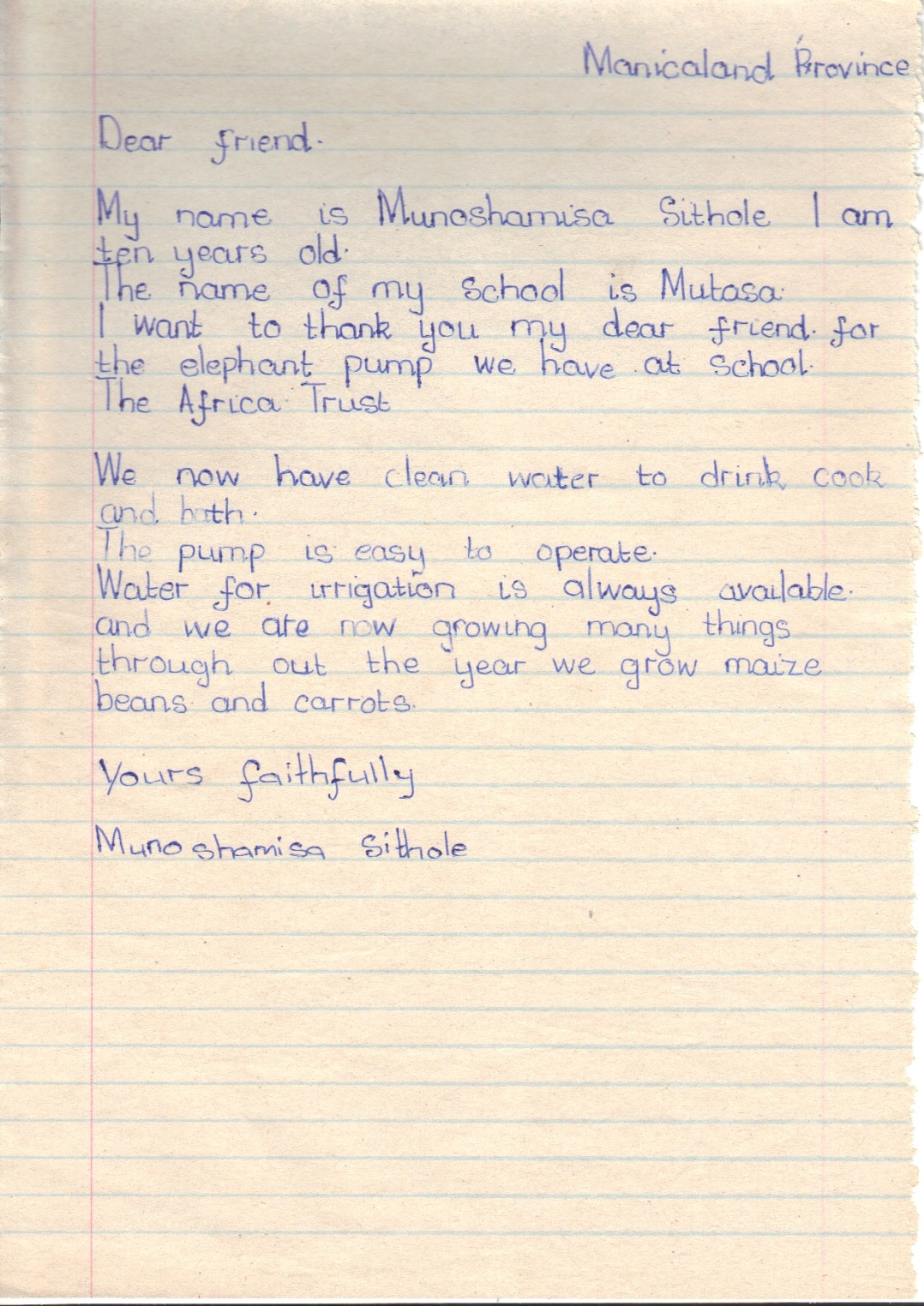
I have always been rather shine-my-lapels to work with a company that not only has a work ethic but it sticks to it and even more so that AquAid has an ethic towards sustainable charities and sticks to that and, and, and … but, when I read something like this, honestly, I put paid to a week of good hydration habits in 10 minutes flat. Leaking eyes, super attractive puffy eye surrounds, weird keening noises, you know the drill.
Now before I short circuit my keyboard from all the blubbing, let me elaborate about this magical water producing letter:
- It is written by a 10 year pupil who attends a school in a rural region of Zimbabwe.
- The Elephant Pump was built by a team and people in the local community.
- The team will have been trained by The Africa Trust.
- The Africa Trust is one of the charities that AquAid supports.
- AquAid founded The Africa Trust together with Ian Thorpe, CEO of The Africa Trust and inventor of The Elephant Pump.
- Ian Thorpe developed the pump after having worked as a teacher in remote African rural areas and seeing how communities had to walk for many miles each day just to get drinking water.
So, all of this eventually led to this rather remarkable letter and I’m c for seriously delighted to say that there are more letters like this because there are more wells that that have been built.
Fab-u-lous! *snif* Online casino slots | Business | Article Point- Casino Slots
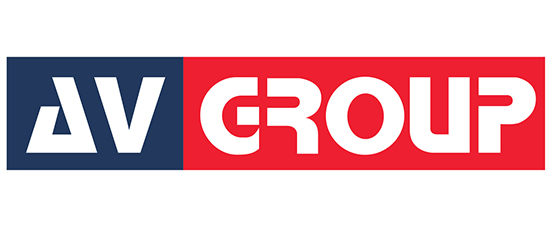
by Fern Shaw | Jun 3, 2013 | Charity, Guest Blog
As UK specialists and leaders in the supply of modular buildings and portable accommodation, AV Group /Danzer / Rentacabin© are committed to protecting and enhancing local and global environments. Along with our commitment to sustainability we also try to give back where we can and this was one of the reasons why we chose to use AquAid.
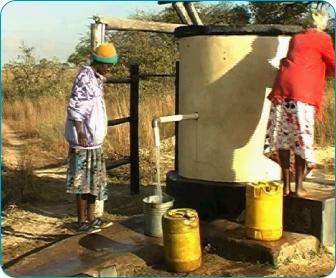 Our decision to install a water cooler from AquAid not only means that our staff members are properly hydrated allowing them to perform at their best, but it also gives our company the opportunity to help those less fortunate than ourselves.
Our decision to install a water cooler from AquAid not only means that our staff members are properly hydrated allowing them to perform at their best, but it also gives our company the opportunity to help those less fortunate than ourselves.
For each of the machines that we have, we have donated £20 per year per water cooler to The Africa Trust. Through our contributions to The Africa Trust, an ‘Elephant Pump’ is being installed in Africa on our behalf. This pump will bring much needed clean, fresh drinking water and improve the quality of life of those who will have access to our well.
We are proud to be involved in this initiative and over the coming months we look forward to updating our website with photos of the pump bearing our company name.
For further information on AV Group / Danzer / Rentacabin© please visit our website https://avdanzer.co.uk




 As AquAid is constantly looking at ways to increase awareness about how important keeping our vital organs hydrated is, we chose to supply this year’s Kidney Research U.K. London Bridges Walk with a rather fabulous bank of
As AquAid is constantly looking at ways to increase awareness about how important keeping our vital organs hydrated is, we chose to supply this year’s Kidney Research U.K. London Bridges Walk with a rather fabulous bank of 




 Our decision to install a
Our decision to install a